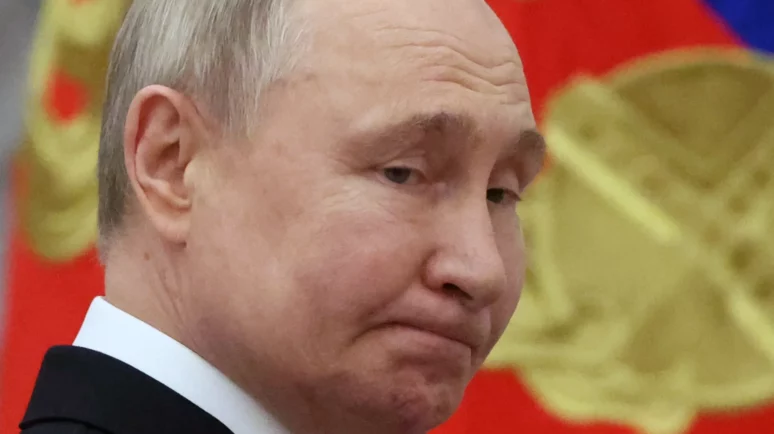Russia Crypto: Moscow Busts Sanctions, Controls Capital Outflow With KYC Checks

Russian KYC Rules for Crypto | Image: Firmbee/Pixabay
Key Takeaways
- Russia reportedly implements the “Know Your Crypto Client” service to monitor and control cryptocurrency transactions.
- This initiative involves major banks and could be an attempt to prevent illegal capital outflows and circumnavigate sanctions.
- Will it integrate cryptocurrency transaction tracking with traditional banking systems?
Russia is seeing increasing use of cryptocurrencies to circumvent financial sanctions. But its citizens cannot flout domestic rules even if they move abroad. Based on reports, the Russian government has intensified efforts to monitor and regulate digital transactions. It could even provide a back door into sanctions busting.
Russia Integrates Crypto and Fiat Transactions
With a significant number of Russians moving abroad and transferring money via cryptocurrencies, the Central Bank of Russia and financial intelligence authorities are reportedly setting a new framework.
As per a report by RBC, financial monitoring service Rosfinmonitoring (RFM) and five major banks have started a program. Under “Know Your Crypto Client,” the Russian government wants to integrate the oversight of crypto transactions with traditional financial systems. It seems like an attempt to control capital outflows and enforce compliance for its citizens.
Interestingly, Russia has been accused of flouting US sanctions by using stablecoins and other digital assets. The framework could put an end to individuals circumventing sanctions without government sign-off. But when Russia is also trying to bypass dollar dependence, the crypto market could be essential for the country.
Meanwhile, “Know Your Crypto Client” could forge a link between fiat and crypto, which could potentially lead to surveillance. CCN reached out to a Russian professional who has worked with the government on its digital initiatives. However, he refused to comment on the development.
The pilot phase reportedly involves financial institutions. Ilya Bushmelev, director of project portfolio management at Innotech, explained that the objective was to enable credit institutions to identify correlations between customers’ crypto and fiat transactions. According to the official, the integration aims to bridge the gap between the separate systems that handle these different forms of money.
Bushmelev highlighted: “Credit institutions currently have every opportunity to work with fiat, but cryptocurrency transactions are now still considered separately.”
Pilot’s Operational Mechanics
Five large Russian banks will reportedly run the pilot until the end of May, with a potential extension depending on its success.
According to RBC , the pilot program will help formulate a framework for how banks can manage crypto compliance. According to Bushmelev, the ultimate goal is to develop effective cryptocurrency regulation strategies, ensuring that financial institutions can handle both fiat and crypto transactions with the same level of scrutiny.
Alexander Kuryanov, head of an RFM department, noted that the pilot program tests various scenarios to connect a client’s fiat transactions with their non-fiat activities. Kuryanov explains in the paper that the insights gained from these tests will help develop regulatory methodologies and recommendations. Which in turn can create a comprehensive approach to managing and monitoring transactions alongside traditional banking operations.
Russia’s Know Your Customer (KYC) platform has been operational since 2022. The platform classifies banking clients—both individuals and legal entities—into risk categories based on their transaction histories.
Those flagged as high-risk are heavily restricted in their transaction capabilities. Similarly, the Transparent Blockchain platform, which has been active since early 2021, provides tools for analyzing crypto transactions.
Is Russia Using Blockchain for Surveillance?
Russia might say that its “Know Your Crypto Client” service is an advancement in the integration of cryptocurrency into traditional financial monitoring systems.
Contrarily, it can also suggest surveillance of people who try to escape the administration by moving out of the country.
By bridging the gap between digital and fiat currencies, Russia could delete financial borders against illegal capital flight. But it will also control capital outflow in general. It remains to be seen whether it can use the checks as a kind of smokescreen for getting around sanctions put up in the wake of its 2022 invasion of Ukraine.


